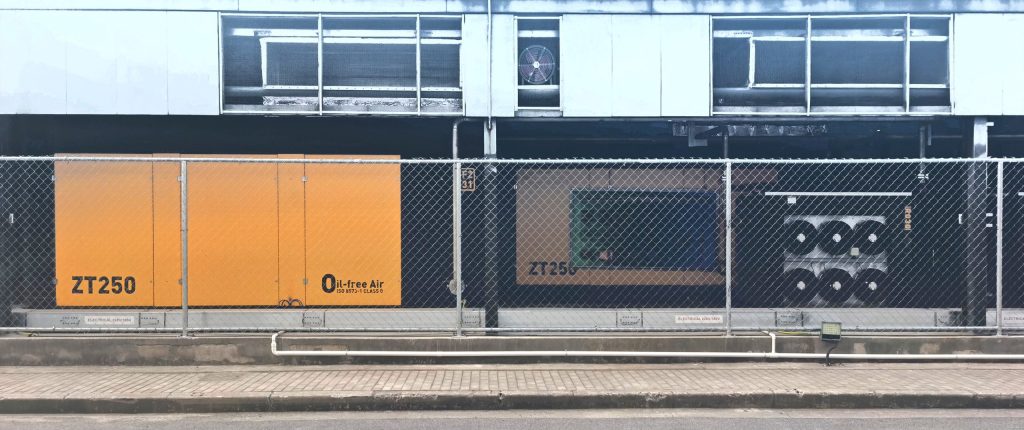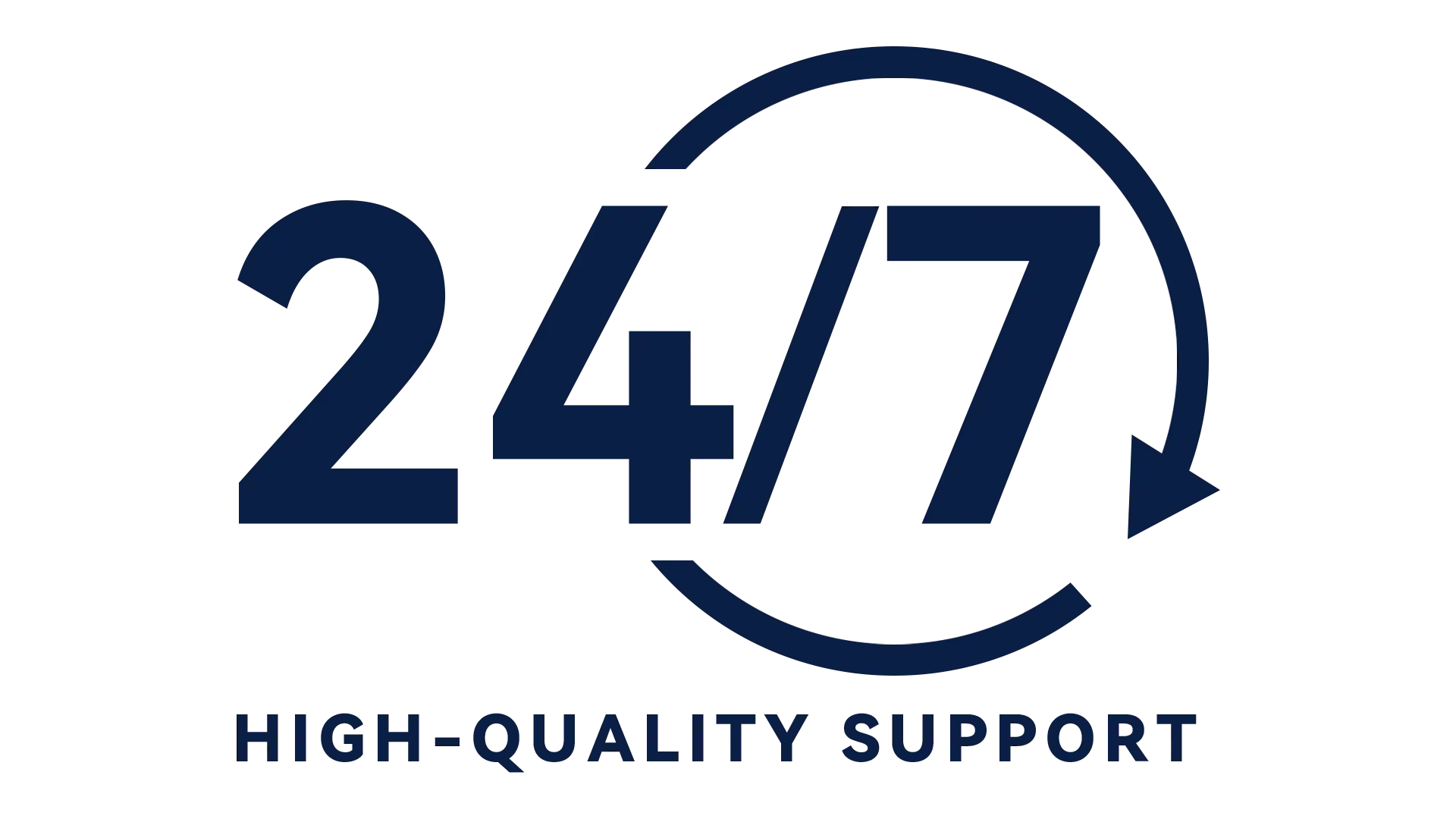Once you’ve determined the size and type of compressor you need, the next key question is: Should you choose an oil-lubricated or oil-free model? The answer largely depends on your application requirements, not just price or perceived quality.
Do I Really Need an Oil-Free Compressor?
Start by evaluating your process needs. In certain industries—like pharmaceuticals, semiconductors, food, or medical devices—even tiny traces of oil can cause contamination, so a genuine oil-free compressor is essential.
However, in most general manufacturing or industrial applications, oil contamination poses little to no risk. In such cases, a lubricated compressor (e.g., oil-injected screw compressor) is more cost-effective and efficient. These units use oil for lubrication, sealing, and cooling during compression.
With proper filtration (such as coalescing and activated carbon filters), oil-lubricated systems can still produce Class 1 purity air per ISO standards, suitable for many critical processes.
Understanding Air Purity Levels
The ISO 8573-1 standard classifies compressed air cleanliness into six levels (0–5) based on oil content, particle count, and moisture levels.
- Class 1 (Technically Oil-Free):
≤ 0.01 mg/m³ of total oil content (achieved via filtration) - Class 0 (True Oil-Free):
Stricter than Class 1; guarantees absolutely no oil contamination, with purity levels agreed upon between user and manufacturer.
“Technically Oil-Free” vs. “Truly Oil-Free”
- Technically Oil-Free: Achieved via external filtration, but the compression chamber contains oil
- Class 0 Oil-Free: The compressor is designed with no oil in the compression chamber, ensuring 100% oil-free air
Using a “technically oil-free” system in a Class 0 application can lead to unexpected contamination, equipment failure, or safety issues.
Final Recommendations
- For ultra-sensitive applications, always select a Class 0 oil-free compressor
- For standard industrial use, a lubricated compressor with advanced filtration offers better cost-performance
- Consult a compressed air expert to ensure your system is designed to meet real-world needs safely and efficiently


